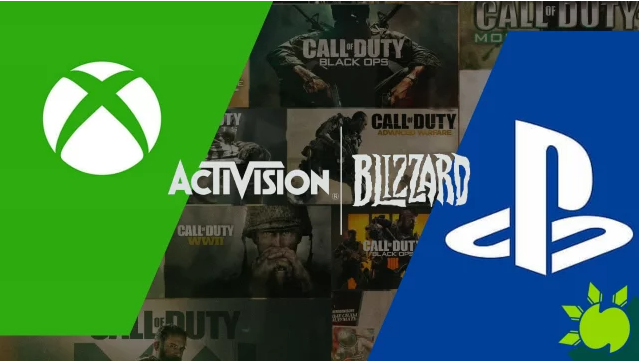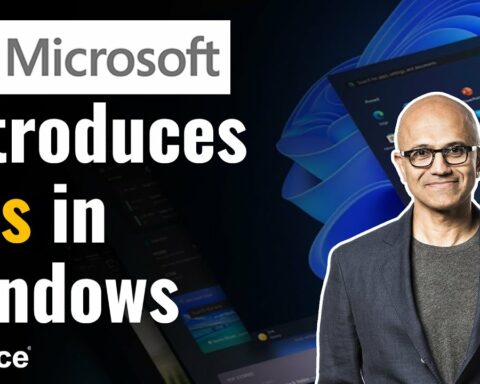Microsoft has recently inked a momentous 10-year agreement with Activision Blizzard to keep the immensely popular Call of Duty franchise exclusively on the PlayStation platform. This groundbreaking deal marks a significant shift in the gaming industry landscape and has left both gamers and industry experts speculating about its potential implications.
Phil Spencer, the Head of Microsoft Gaming and Xbox, took to Twitter to share the news, stating,
We are pleased to announce that Microsoft and @PlayStation have signed a binding agreement to keep Call of Duty on PlayStation following the acquisition of Activision Blizzard. We look forward to a future where players globally have more choice to play their favorite games.
By entering into the agreement, the company aims to tackle the concerns raised by regulators, who feared that the merger could result in an increased number of Activision games, including the highly popular shooting-game franchise, becoming exclusive to Xbox. The US Federal Trade Commission (FTC) had previously expressed its apprehension that the deal could negatively impact consumers, regardless of whether they played video games on consoles or had subscriptions, as Microsoft might be motivated to exclude competitors like Sony Group from accessing certain games.
While the agreement focuses on maintaining exclusivity for Call of Duty, it could also pave the way for deeper collaboration between Microsoft and Activision Blizzard. This partnership might lead to cross-platform gaming advancements, improved gaming experiences, and the exploration of innovative features that benefit gamers across the board.
The primary obstacle that still needs to be overcome is from the UK Competition and Markets Authority. They have granted Microsoft a unique opportunity for a second attempt to propose a solution after previously rejecting the merger in April due to concerns surrounding its potential effects on the cloud gaming market.










Excellent work dear
Thanks